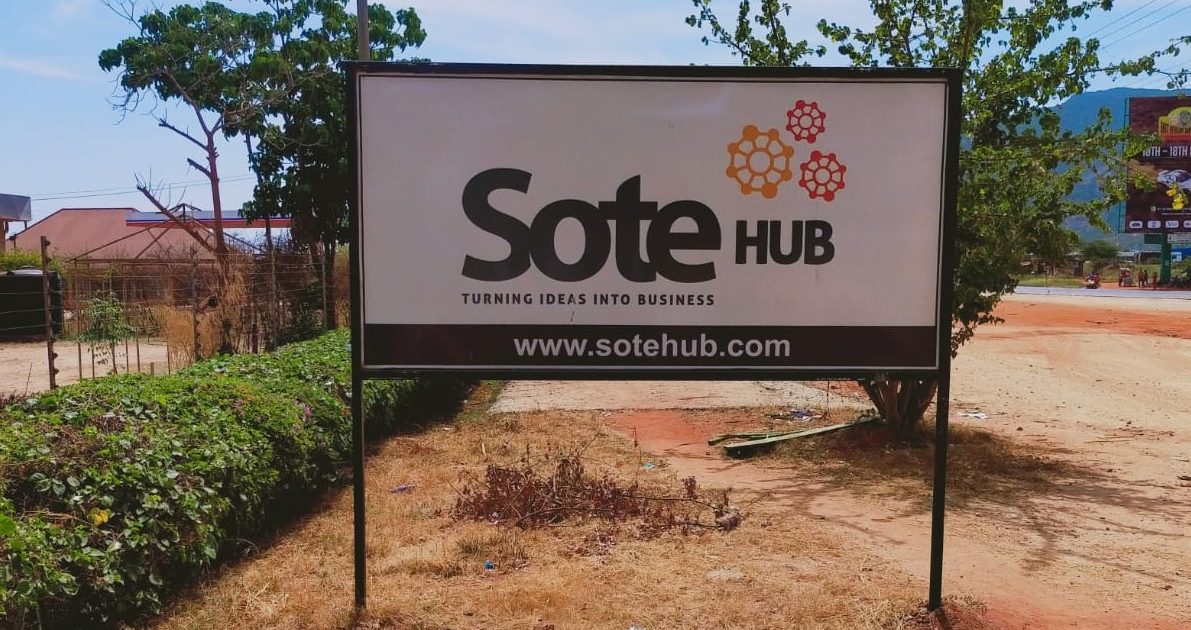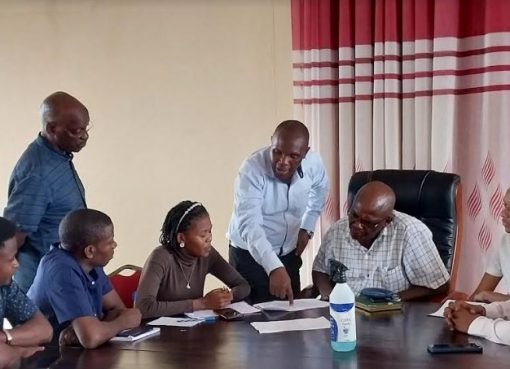Innovators in rural Kenya, especially those based in the marginalized parts of the coastal region, face many complex challenges.
From lack of exposure to inadequate funding to finance their ideas, most innovators fade away as their ideas die off.
However, Sote Innovation Hub in Taita-Taveta County, is attempting to address some of these issues. The hub is providing young gifted innovators with a conducive venue, training initiatives and skills to accelerate start-ups.
Sote Hub is the only innovation centre in the region. It has turned creative and innovative ideas into game-changing concepts by supporting youth and entrepreneurs to establish start-ups to create products or services. The hub also teaches them on market surveys to monetize their products.

With a capacity to connect innovative minds with funding and partners, the hub has been instrumental in helping innovators gain traction and generate revenue from their innovations. Such business development training helps create market solutions that are key to transformation and industrialisation of Taita-Taveta and other Coastal Counties.
Sote Hub Programs Manager, Mr Alvin Chole, says that they have created a successful innovation network, a nationwide ecosystem of ingenious ideas and a family of trendsetters working to advance the economic future of rural Coastal Kenya.
“With an 85 per cent support rate, we get so many success stories and it is our joy to see these start-ups excel,” he said.
Formally registered in 2015 as a Limited Company, Sote Hub is a private organization at the heart of a dynamic social enterprise, focused on closing the rural opportunity gap. The innovation hub is focused on building momentum among the rural youth and improving the quality of life of people living in Taita Taveta, Kilifi and Kwale counties.
It is equipped with laptops, Wi-Fi and adequate space, creating a conducive environment for creatives. The staff include computer scientists, IT experts and marketing professionals who nurture ideas into fruition. The hub also has access to legal experts to advise on issues of copyright and patenting of products.
Acknowledging that a good legal framework forms the foundation of a business, Mr Chole submits that the entrepreneurs are also taken through lessons on how to navigate the legal system and the appropriate processes of business certification.
The Hub stands out due to innate commitment to building partnerships and closely working with government institutions like the Kenya Revenue Authority and Ministry of Education amongst others who act as support systems.
“We are not an island. We work with a range of partners, collaborate with both the local and national government and ensure effective delivery on all our projects,” said the manager.
Some of the donor partners include the European Union, Slovak Aid, Google and United Nations Development Programme (UNDP) among others.
They also have a post-project mentorship program where they check on the progress of innovators that have gone through the program and offer necessary support. This uniquely positions the SMEs to remain sustainable even after completion of the program.
Chole further explains that the hub has so far influenced at least 2,000 high school students and 500 Small and Medium-Sized Enterprises (SMEs). In Taita Taveta County alone, more than 100 innovators have benefited from the program. Their range of activities include incubating ideas, marketing, networking and creating linkages. They also support growth and market surveys.
Additionally, Sote Hub has developed a channel where identifying, training and formation of start-ups is prioritized while at the high school level. The students are given a unique opportunity to showcase their ideas in the Global Diamond Challenge and an opportunity to experience entrepreneurship first hand.
As the focal point for innovation activities and ideas within rural areas, the mentorship and training programs provided by innovation hubs have measurable, positive impacts for skill-building and job growth in local communities.
Despite such innovation spaces being a master key to creatively address rural challenges, they are often underrated.
Chole says one of the main challenges most innovation hubs face is lack of enough support and funding therefore limiting the number of innovators they can support. Another major challenge is the tax burden faced by most innovators.
He proposes that the National Government should create a support program to do post-project evaluation after a donor-funding period has elapsed. This will ensure a constant evaluation of the progress of these projects.
Chole further suggests a revision on laws governing innovations so that start-ups can be exempted from tax for a certain period, to alleviate the financial burden and encourage entrepreneurship among the youth.
By Raphew F Mukuyia





